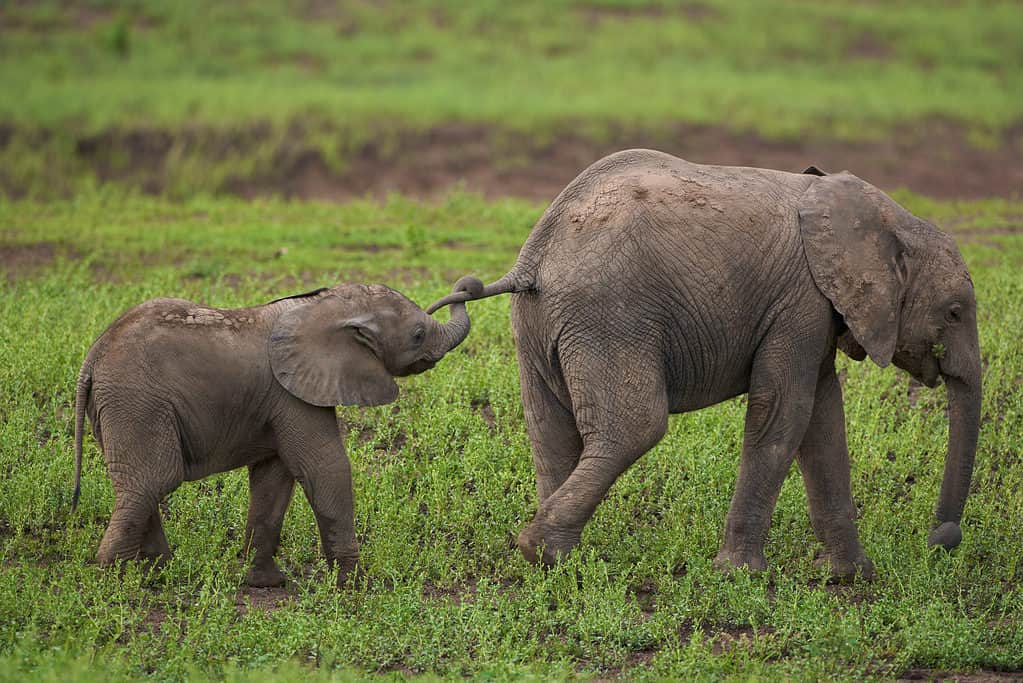If you need proof of the power of an adult elephant – this is it! The occupants of this safari jeep have an incredibly lucky escape and it teaches us that wild animals should always be respected.
Watch the Heart-Stopping Video Now!
Elephant Attack on a Safari Jeep
This is only a short clip but it contains a lot of action. The footage starts with the jeep moving towards a group of elephants that appear to be trumpeting a warning and look uneasy. Suddenly, a large adult elephant appears to the left of the truck. Without hesitation, the elephant lowers its head and pushes its forehead into the side of the truck. Even though this is quite a large truck, the elephant has no problem shunting it off the road and the footage becomes chaotic as the person operating the camera tries to stay in the truck and not fall out!
The action then cuts to a few minutes later and footage taken by someone in a following truck. The elephant is still visible on the other side of the now badly damaged truck but the occupants are leaving and fleeing to safety. The elephant, meanwhile, clearly feels that the threat has passed and is walking away.

Female elephants will aggressively defend their young
©Johan W. Elzenga/Shutterstock.com
Elephant Aggression and Behavior
Elephants are the largest land animal on the planet. They are found in parts of Africa and Asia and are herbivores eating mainly grass, roots and fruit. They can weigh up to 12,000 pounds.
In terms of behavior, elephants are complex. They are extremely intelligent and it is thought that they have self-awareness and self-recognition. Studies have also suggested that they may be able use tools, remember things and even mourn dead elephants.
These are peaceful animals that will not pick a fight unless they have to. Female elephants will, however, become extremely aggressive to protect their young and males will show aggression to display their dominance. Once a year, male elephants experience a stage called musth when their increased hormones causes them to be more confrontational. It is at this time that males are more likely to attack humans and there have even been fatalities.
Aggression in males is often indicated by a mock charge. In females, it is often preceded by the elephant spreading and then flapping her ears whilst staring at the threat. She may also raise her head and trunk, swing her foot or break off branches. Be warned!
The photo featured at the top of this post is © Wildberry India/Shutterstock.com
Thank you for reading! Have some feedback for us? Contact the AZ Animals editorial team.






